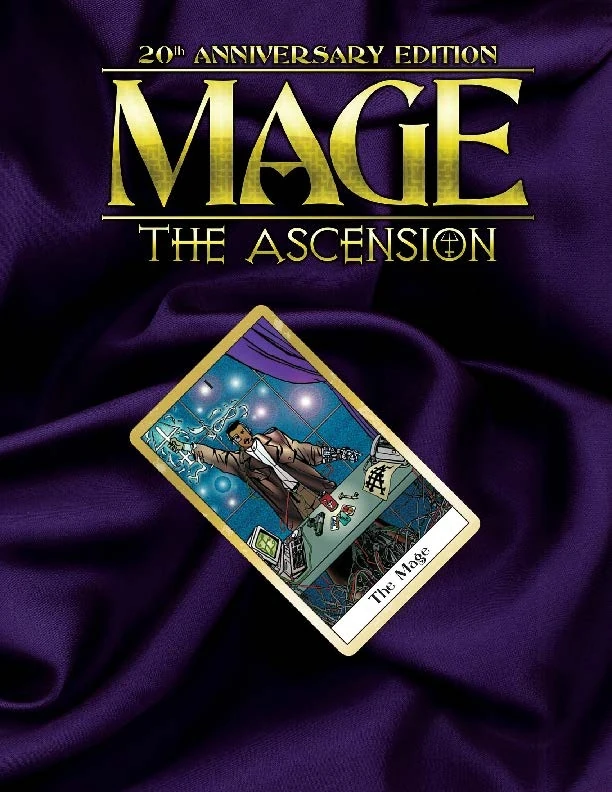The first skill in the book Before Happiness by Shawn Achor is the skill of choosing the most valuable reality.
This skill is broken down into three specific strategies.
- The first strategy is to understand that there are many alternative realities you can have.
- The second is to keep shifting your vantage point so that you generate alternative realities.
- The final strategy is to pick the most valuable strategy.
This is useful in finance.
Many academics adopt the reality that markets are efficient and there is indeed a lot of academic literature that reinforce the efficient markets hypothesis. This effective rules out Technical Analysis as a means of earning extraordinary profits from financial markets. But somewhere along the way hedge fund managers like Victor Niederhoffer and Kenneth Griffin found objective evidence that the contrary is true and they took steps to build a fund to exploit these inefficiencies in the markets. By shifting into a more profitable reality, it became possible to find new and interesting ways to make money from financial markets.
Similarly, you can notice that the realities of some people around you can certainly be improved.
During my reservist days, I met a lawyer who claimed that saving money was impossible because of his ridiculously high family expenses. He probably makes twice as much as what i made in those days. Even during my Part B training, I was stunned when a very senior lawyer told my class with a straight face that it is impossible to become a millionaire doing legal work. Ideologically, he must come from a different planet from me. If I accepted his reality, the situation would have been hopeless for an engineer who is facing a low pay and the risk of getting outsourced on a daily basis.
So I choose a different reality - I believe that making a million is not only possible but may be easier if you do not have a five figure monthly income. An engineer has nothing to prove about his economic status and can wear Decathlon from head to toe and dumpster dive for free organic food. Other professions have to keep up with personal appearances.
Some realities I adopt are admittedly hard to accept and this is especially so if you lean to the political left.
For example, I believe that Singapore is a very generous welfare state.
If you make $100,000 in dividends annually and dividends are not taxed at a personal level, isn't that some form of welfare for people who train themselves to save and invest money well? ( Feel free to disagree, tax professionals ! )
There are certainly some points which I felt are interesting and should have deserved deeper exploration in the book.
The book exhorts the reader to choose a reality - this is in essence an objective evaluation. The question as to what reality is available is should be determined empirically. We have to constantly remind ourselves that the book does not ask the reader to choose their own delusion, which is what other books like The Secret and various religious texts seem to espouse.
The other point I wish to make is that powerful people and public policy can warp your reality - that's why we have laws. Some bosses and corporate environments can be so oppressive that even if you try your best to put a positive spin on things, it would be hard not to be depressed by the happenings around you.
It is probably not realistic to think that the choice of reality is something completely within your control.
Sometimes you just have to work for in a horrible environment because you need to pay your bills.

No comments:
Post a Comment